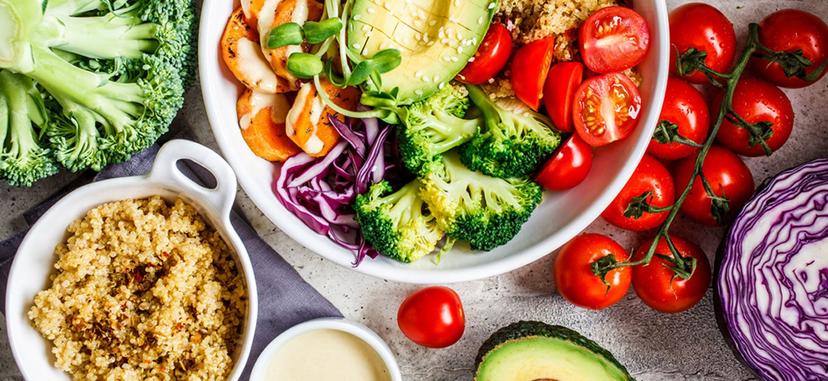Good nutrition plays a major role in graceful aging. Adopting healthy eating habits for seniors helps maintain strength, energy, and mental clarity. As the body changes with age, nutrient needs shift, making it essential to focus on foods rich in fiber, protein, vitamins, minerals, and healthy fats. Balanced meals support bone health, boost immunity, and improve digestion. Choosing fresh fruits, vegetables, lean proteins, and whole grains reduces risks of chronic diseases and enhances quality of life. Seniors who follow mindful eating patterns enjoy better mobility, independence, and vitality in daily life. Small changes in diet bring lasting benefits.

Why Nutrition Is Important for Seniors
Aging affects metabolism, muscle mass, and digestion, making proper nutrition vital. Nutritious foods provide the fuel needed to stay active and maintain independence. Seniors often face reduced appetite, so meals must pack essential nutrients in smaller portions. Eating balanced meals helps prevent deficiencies in calcium, vitamin D, B12, and omega-3 fatty acids. Good nutrition also supports memory, joint health, and immune defense. Poor dietary choices, on the other hand, can accelerate fatigue, weight imbalance, and illness. Seniors who prioritize healthy eating experience improved well-being, quicker recovery, and greater enjoyment of daily activities.

Key Healthy Eating Habits
1. Prioritize Protein
Protein-rich foods like beans, eggs, fish, and yogurt maintain muscle mass and support repair. Seniors need steady protein intake to prevent weakness and improve mobility. Adding protein to every meal, even small snacks, ensures strength and endurance. Simple options like boiled eggs, smoothies, or lentil soup make it easy to meet daily needs.
2. Choose Fiber-Rich Foods
Whole grains, fruits, and vegetables provide fiber that improves digestion and reduces constipation. Fiber also stabilizes blood sugar and supports heart health. Seniors benefit from oats, apples, carrots, and brown rice, which are easy to digest and nutrient-rich. A fiber-filled diet keeps energy steady and promotes gut health.
3. Stay Hydrated
Hydration is often overlooked, yet seniors may not feel thirsty even when the body needs water. Drinking enough fluids prevents fatigue, confusion, and digestive issues. Water, herbal teas, and soups are excellent hydration sources. Avoid sugary drinks, which can spike blood sugar. Making hydration part of daily routine supports both physical and mental function.

4. Focus on Calcium and Vitamin D
Calcium and vitamin D keep bones strong and prevent fractures. Dairy, fortified plant milk, salmon, and leafy greens provide these key nutrients. Spending time in sunlight also boosts vitamin D levels naturally. Seniors who include these foods daily maintain bone health and reduce risks of osteoporosis.
5. Healthy Fats for Brain and Heart
Omega-3 fatty acids from walnuts, flaxseeds, and fatty fish protect the brain and heart. These fats reduce inflammation and support memory. Replacing butter with olive oil or adding nuts to snacks helps meet daily needs easily.
Practical Tips for Seniors
Plan smaller, frequent meals instead of large ones. Keep colorful plates for visual appeal and variety. Limit processed foods and salt to protect heart health. Include seasonal fruits, lean proteins, and whole grains in every meal. Eating with family or friends also makes meals enjoyable and encourages consistency.
Conclusion
Adopting healthy eating habits for seniors ensures strength, vitality, and graceful aging. With protein, fiber, hydration, and essential nutrients, seniors support both body and mind. Small, consistent choices create long-term health. Nutritious eating not only prevents illness but also brings energy and joy to everyday life, proving that wellness at any age begins on the plate.
